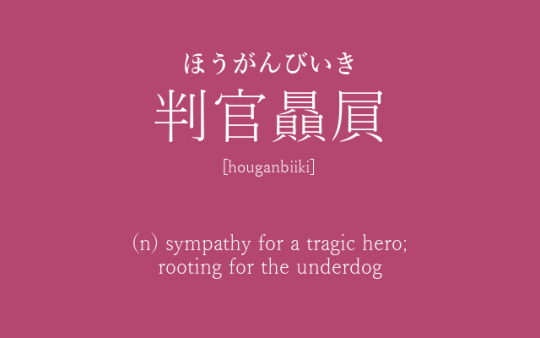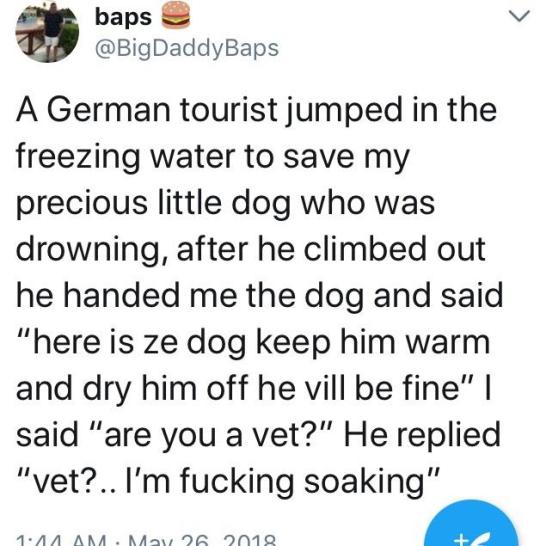Shanice ▪ 19 ▪ A Japanese/Spanish langblr filled with Animation, Movies, Books, and me... ranting and/or fangirling about something xD (I'm as confused as you are) ✌ main blog: @shaneinkk
Don't wanna be here? Send us removal request.
Quote
学习外语并不难,学习外语就像交朋友一样,朋友是越来越熟的,天天见面,朋友之间就亲密无间了。
高士其
It’s not difficult to learn a foreign language; it’s just like making friends. These friends become more and more familiar after meeting each day, and then nothing can come between them.
-Gao Shiqi
(via liu-anhuaming)
978 notes
·
View notes
Photo

japanese vocab: emotions ♡
嬉しい • うれしい • ureshii • happy/glad
悲しい • かなしい • kanashii • sad
寂しい • さびしい • sabishii • lonely
恥ずかしい • はずかしい • hazukashi • embarrassed/shy
つつしまない • tsutsushimanai • lazy
怖じる • おじる • ojiru • scared
怒る • おこる • okoru • angry
詰まらなそう • つまらなそう • tsumaranasou • bored
なごやか • nagoyaka • calm
すうっと • sutto • relieved
呆れる • あきれる • akireru • shocked
激昂 • げっこう • gekko • excited
煩がる • うるさがる • urusagaru • annoyed
まごまご • magomago • confused
feel free to correct me if anything is wrong ~☆
225 notes
·
View notes
Photo
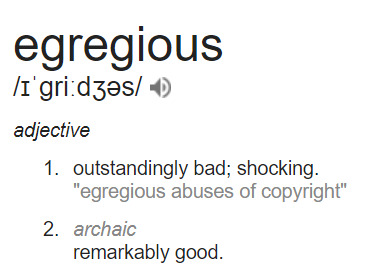
Guess who’s ready to murder the entire English language.
657 notes
·
View notes
Photo

This is my reminder to myself first and foremost
14 notes
·
View notes
Text
I just watched a video of two language-learning friends who did a game where they had to talk back and forth in their target language and the first person to blank on a word/not respond fast enough lost
What a smart game
Would love to play it if I had language friends
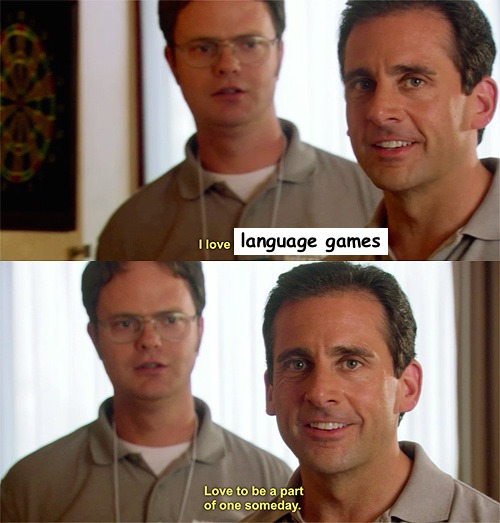
315 notes
·
View notes
Text
Why Japanese is EASY
A lot of people want to study Japanese but think it’s too hard and that they will never succeed. That is really a myth, though. Here is why Japanese is actually easy.
1. All verbs are regular, there are only 2 exceptions
If you know French, this must sound like a dream to you. In other languages [like French] there seem to be more irregular verbs than regular ones. Not in Japanese, though. There are 3 groups of verbs, the first 2 being regular and very easy to conjugate. The third group consists of only 2 irregular verbs!
2. Easy pronunciation
Japanese doesn’t have any exceptionally hard to pronounce letters. Unlike Arabic, German or Finnish, Japanese should be quite easy to pronounce for English speakers. Also, Japanese isn’t a tonal language like Thai or Chinese.
3. No genders, plural or articles
Anyone who studies a romance language [and many other languages that have that] knows how frustrating it can be when you use the wrong article or verb ending. In Japanese, it doesn’t even exist, so nothing to worry!
4. Grammar is easy!
That’s true. It’s just completely different from English, but that doesn’t make it hard. After a while, it will feel completely normal. The best part about the grammar is that you can build a whole sentence with just one word. For example, if you wanted to ask somebody in English if they did their homework, you’d say ‘did you do your homework?’ Kind of long, isn’t it? In Japanese, you can ask by using only the verb ‘to do, can, be able to’ - like this: ‘done?’ Also, spoken, you can drop many words if you don’t really need them, especially particles! So if you’re not sure what particle to use, chances are you can just easily leave it altogether without the sentence losing its meaning. It’s easy to build sentences that seem to end in ‘…’, but that’s completely normal in Japanese and everyone will understand.
5. Tons of resources
Sadly, there are some languages people don’t really care about or not a lot of people want to study/ are interested in. Japanese is not one of those languages. There are hundreds of books about Kanji alone! And so many courses for every level. Also, it doesn’t matter what you’re interested in - anime, manga, books, movies, game show, video games, dramas, music - it’s all out there and super easy to find, so you definitely will find something you can listen to or read to practice your skills.
6. Kanji/the writing systems are hard?
No. They aren’t. It’s just a huge workload, it takes time and effort, but they are not hard.
At first, having to learn 3 writing systems will seem exhausting. But believe me, later, when you start reading, you will be so glad! You can detect if a text has a lot of foreign words at one glance if it has a lot of Katakana, for example, and you could say a lot more on twitter because of the syllabaries!
So actually, the 3 systems put together makes everything easier to read!
So please, just start studying and go at your own pace, and have fun studying every day ⭐︎
12K notes
·
View notes
Text
I know you’re tired bitch but keep fucking going
670K notes
·
View notes
Text
FRIENDLY REMINDER that not everyone who’s interested in languages has an end goal of fluency or becoming a polyglot and that’s okay. it is very possible to study languages w/o wanting to become fluent. you can be interested in hundreds of languages or just one language. it’s up to you and you shouldn’t have to justify your interest or disinterest to anyone.
just remember that! now you may go on and proceed to have a lovely day.
863 notes
·
View notes
Text
22 Spanish filler words

Spanish Filler Words
1) Bueno: Well
Ex: “bueno, no importa” = “well, it doesn’t matter”
2) O sea / Es decir: I mean, in other words, that is to say
Ex: “El jefe no me ha hablado todavía, o sea / es decir, de verdad no sé.” = “The boss hasn’t talked to me yet, so in other words, I don’t really know.”
3) Así que: So, therefore
¿Así que al final fuiste al restaurante? = So you ended up going to the restaurant?
4) Pues: Well
Ex: Pues… no sé, tengo mucho sueño = Well… I don’t know, I’m really tired
5) Mira = Look / look here
Ex: “Mira, sólo digo que a mí no me parece una buena idea.” = “Look, I’m just saying that I don’t think that it is a good idea.”
6) Che: Hey, hey buddy ( mostly used in Argentina but also used in Uruguay and Valencia, Spain)
Ex: “¡Che! ¿Qué tal, hombre?” = “Hey! What’s up, man?”
7) A ver: Let’s see
Ex: A ver… ¿qué podemos hacer esta noche? = Let’s see… what can we do tonight?
8) Vamos a ver: Let’s see
Vamos a ver qué hay para hacer esta noche = Let’s see what there is to do tonight
9. Está bien / Dale = Okay, a synonym of Spanish in Spain is “vale”
Ex: “Mañana te llamo, ¿dale? – ¡Dale! / Está bien.” = “I give you a call tomorrow, okay? – Okay!”
10) Tipo / como = Like
Ex: “Es tipo / como el pie Americano” = “It’s like the American pie”
11) Entonces: So, therefore
Ex: “Entonces, cuando vas a visitar a tu abuela?” = “So, when are you going to visit your grandma?’
12) Este: Uh, umm, ah
Ex: “Sí, este… rompí tu telefono” = “Yeah, umm…I broke your phone”
13) A propósito / por cierto: By the way
Ex: “A propósito, ¿sabes dónde está María?” = “By the way, do you know where Maria is?”
14) Luego: Then (it can also mean “later” in another context)
Ex: “Fui a la farmacia y luego a casa” = “I went to the drugstore and then home.”
15) Por lo menos: At least
Ex: “Por lo menos no te quemaste” = “At least you didn’t burn yourself”
16) ¿Sabes?: You know?
Ex: Es muy importante para mí, ¿sabes? = It’s really important to me, you know?
17) Por fin: Finally, at last
Ex: “¡Por fin! ¡Estás aquí!” = “Finally! You’re here!”
“Por fin, tenemos la tarea de todos.” = “At last, we’ve got everyone’s homework.”
17) Quizás / tal vez: Maybe, perhaps
Ex: “Quizás/ Tal vez no debí haberme comido toda sea comida” = “Maybe I shouldn’t have eaten all that food”
18) Aunque: Although, even though
Ex: “Aunque está lloviendo, voy a ir al gym” = “Even though it’s raining, I’m going to the gym”
19) Además: Moreover, besides, also, and occasionally used as “too”
Ex: “El queso es demasiado suave, demasiado débil, y además huele muy mal.” = “Cheese is too soft, too weak, and besides, it smells terrible.”
20) Sin embargo: However, nonetheless, nevertheless
“Entiendo que el queso no es tan fuerte como el acero, pero sin embargo voy a hacer un carro con él.” = “I understand that cheese isn’t as strong as steel, but nevertheless I’m going to make a car out of it.”
21) De hecho: actually
Ex: “De hecho, nunca vi esta película pero dicen que es digna ser vista.” = “Actually, I’ve never seen that movie, but they say it is worth it.”
11K notes
·
View notes
Text
spanish skincare vocabulary (because why not) 👸
beber agua - drink water
hidratar - moisturise
(la) constancia - perseverance
(la) mascarilla - face mask
(la) cutis/piel - skin

limpiar - clean
(el) maquillaje - make-up
desmaquillarse - remove make up
tocar suavemente/untar - dab
(la) loción - lotion
(la) crema - face cream
(la) leche limpiadora - cleansing lotion
(el) aceite - oil
(el) algodón - cotton
(el) agua - water
(la) espuma - foam
humedecer - to wet
emulsionar - to emulsify
(la) comisura - corner
(la) barbilla - chin
(la) nariz - nose
(el) tónico - toner
(la) arruga - wrinkle
(el) folículo - follicle
(la) bolsa - eye bag
(el) párpado - eyelid
seco/a - dry
463 notes
·
View notes
Quote
The traditional way of learning a language (cramming 20–30 words a day and digesting the grammar supplied by a teacher or a course book) may satisfy at most one’s sense of duty, but it can hardly serve as a source of joy. Nor will it likely be successful.
Dr. Kató Lomb Polyglot: How I Learn Languages, 2008 (via impersonalstatement)
38 notes
·
View notes
Photo

Reminder that exams are just weak demons and you’re much stronger than them!
233 notes
·
View notes
Photo
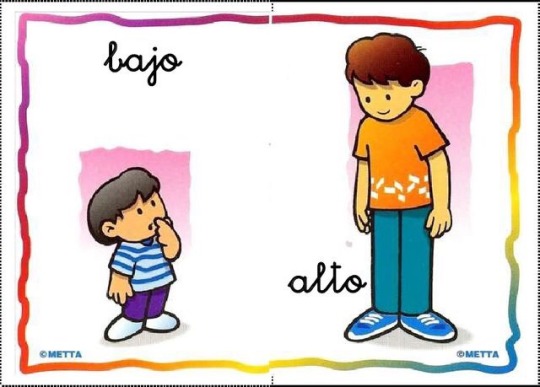
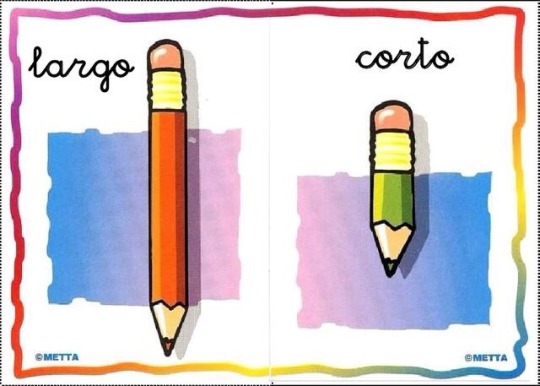
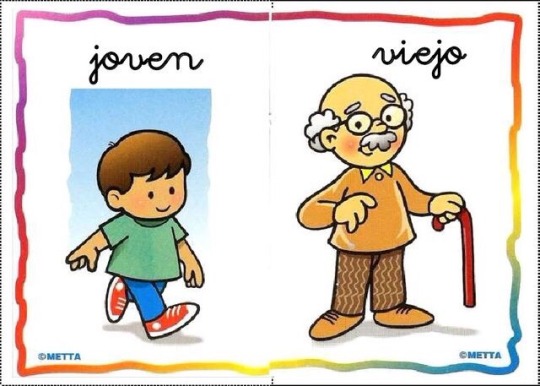
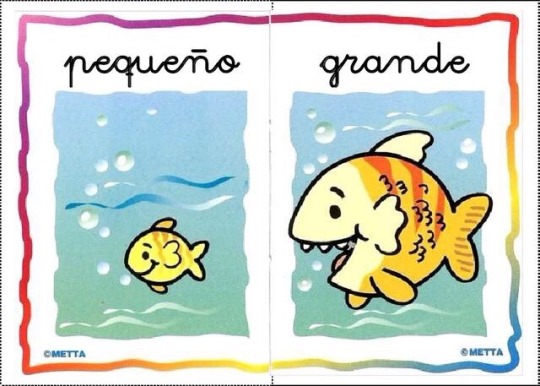
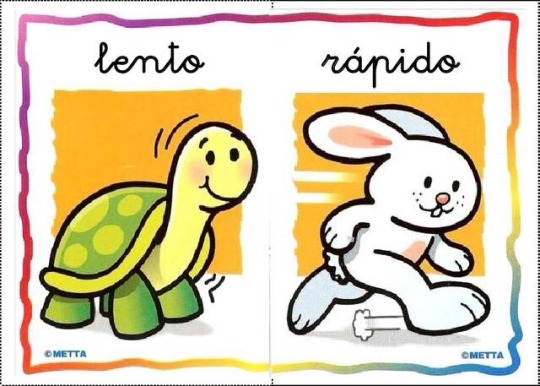
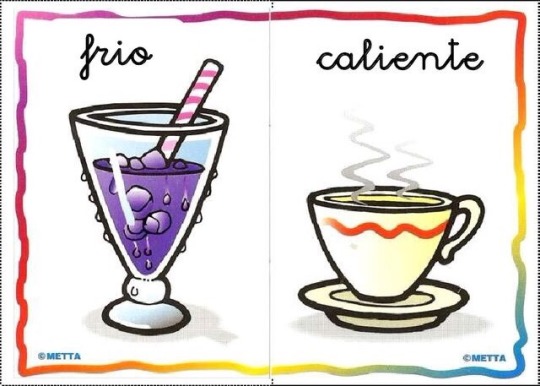
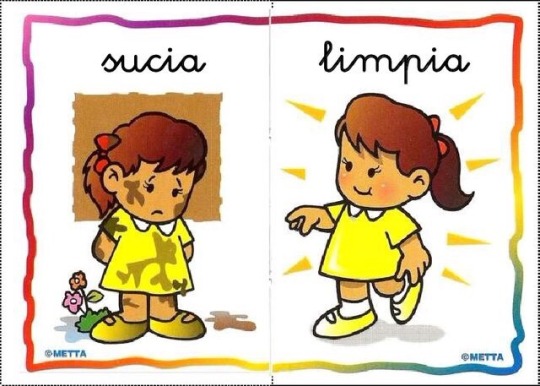
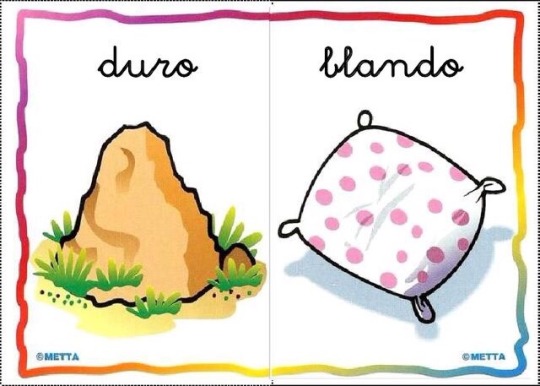
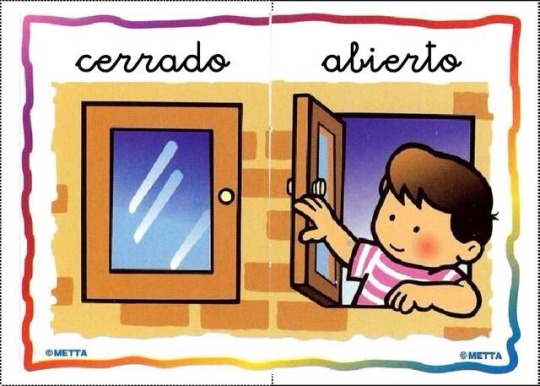
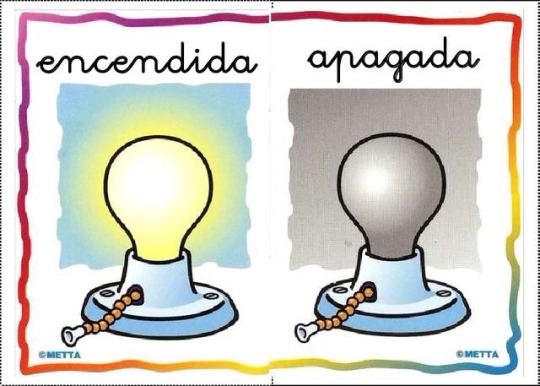
Opuestos (Opposites) Part 1
Bajo: short
Alto: tall
Largo: long
Corto: short
Joven: young
Viejo: old
Pequeño: small
Grande: big
Lento: slow
Rápido: fast
Frío: cold
Caliente: hot
Sucio: dirty
Limpio: clean
Duro: hard
Blando: soft
Cerrado: closed
Abierto: open
Encendido: on
Apagado: off
619 notes
·
View notes
